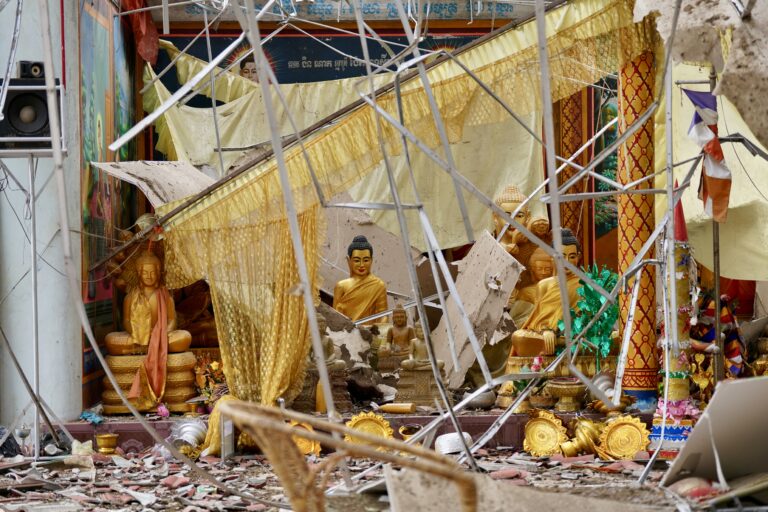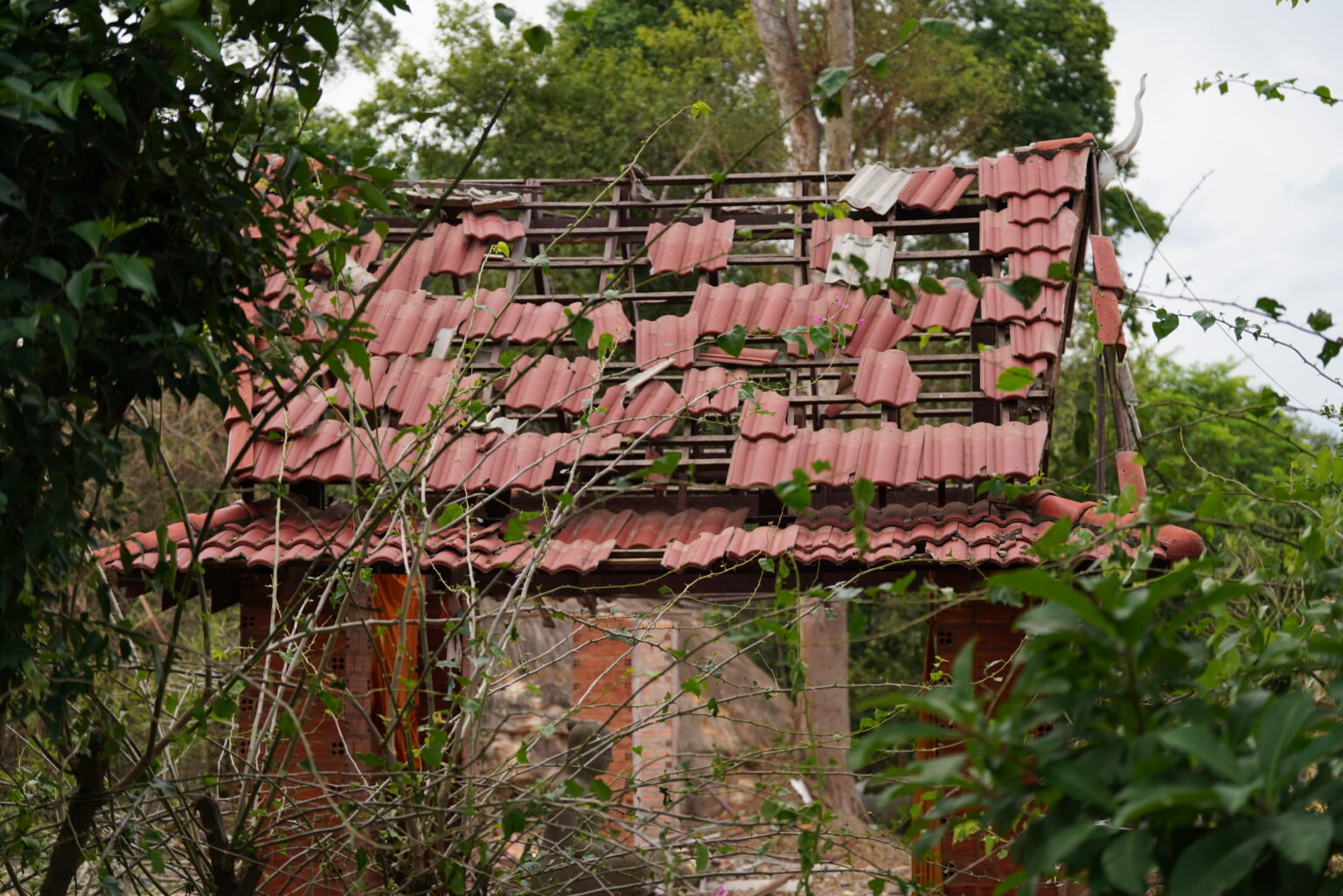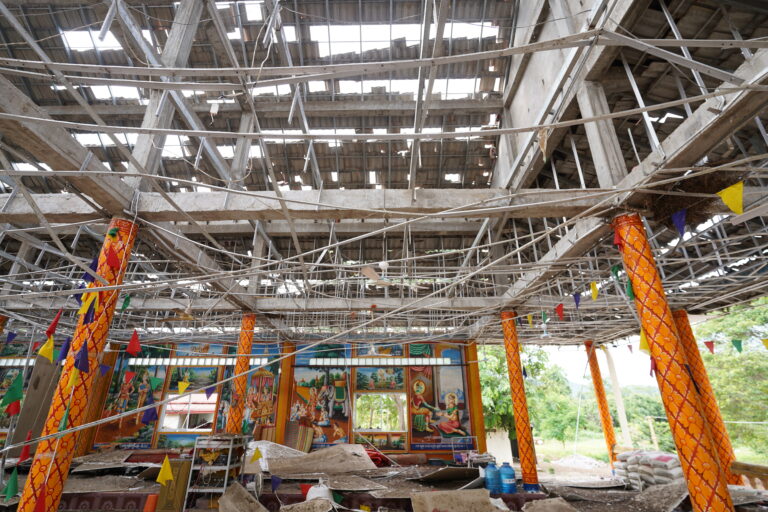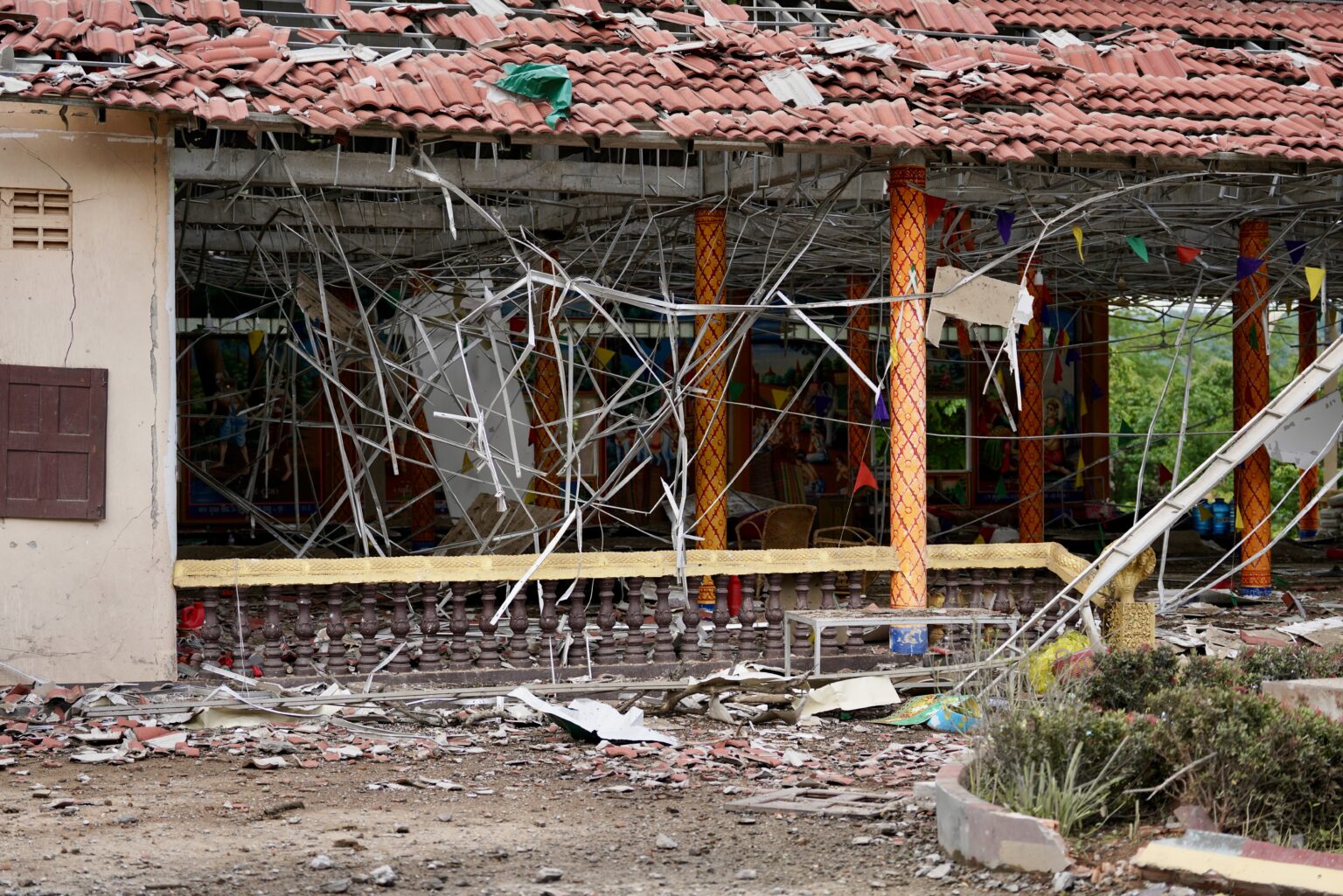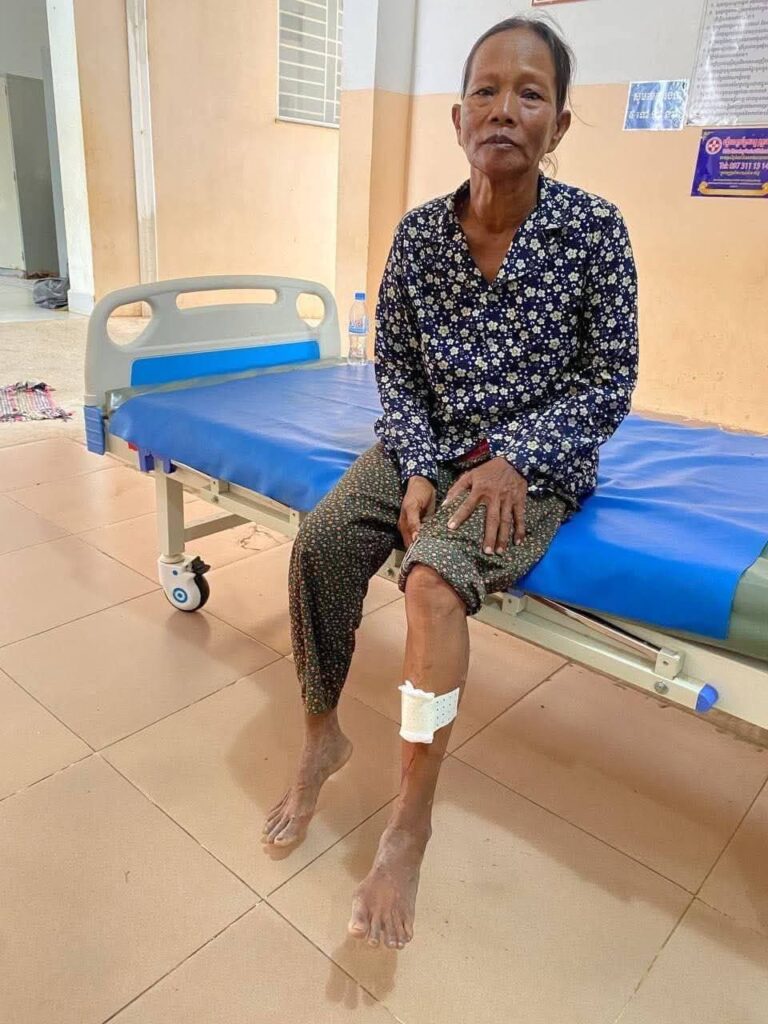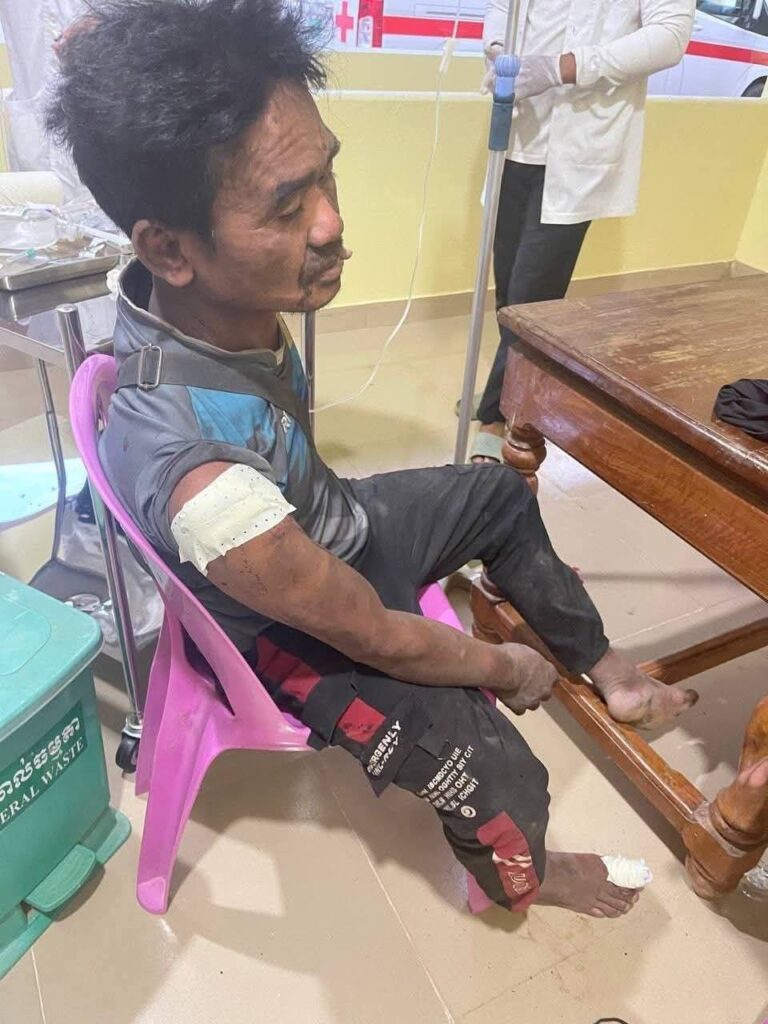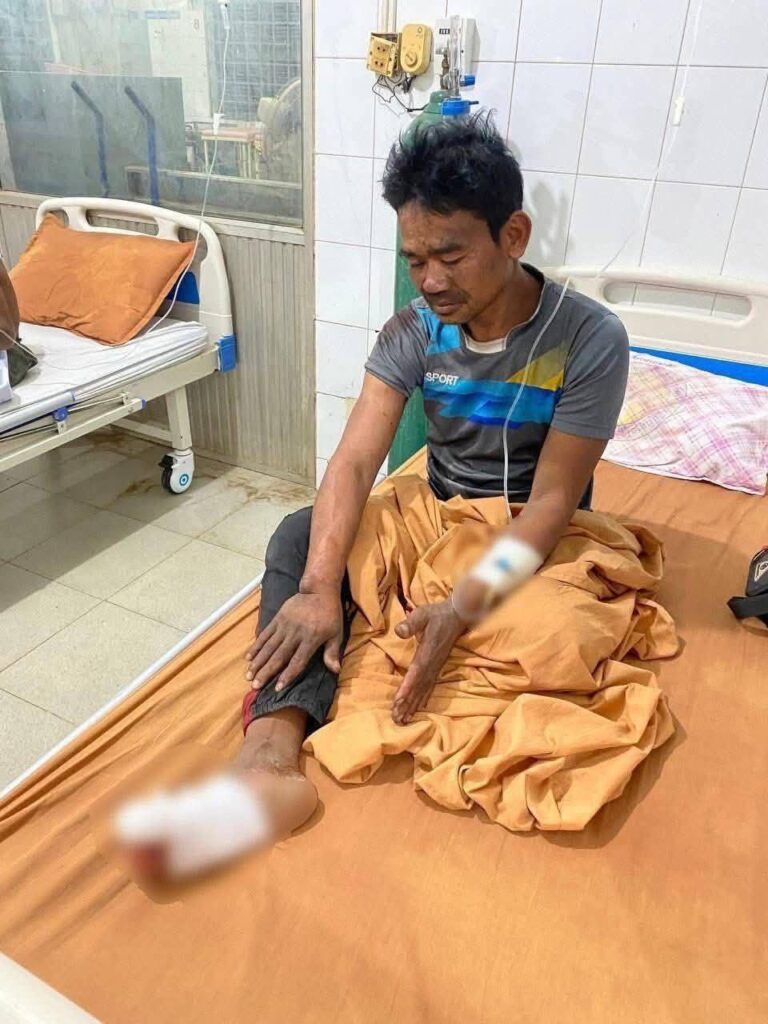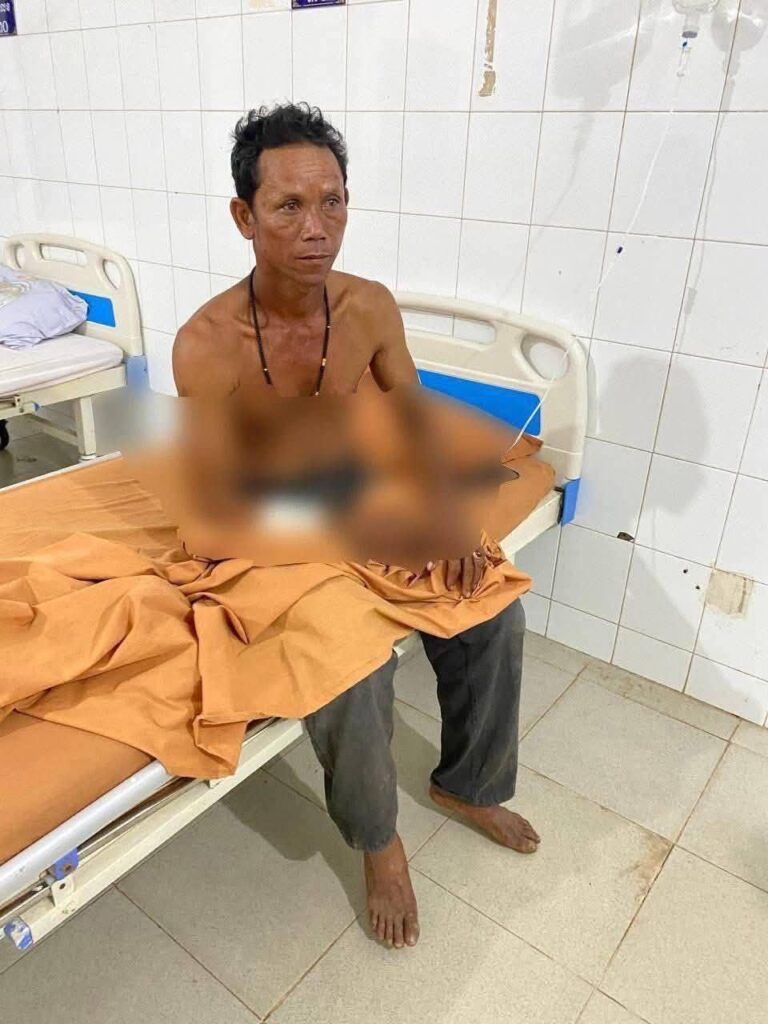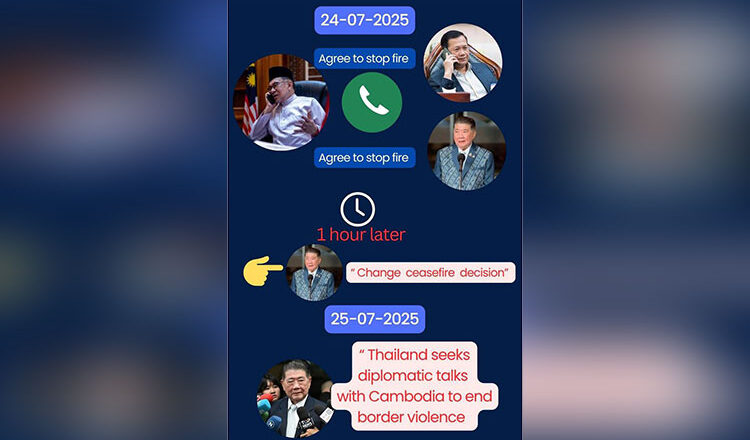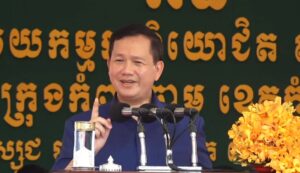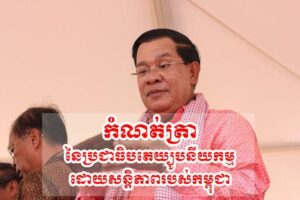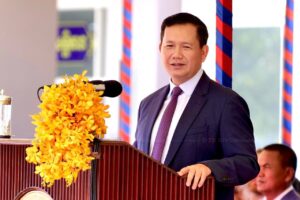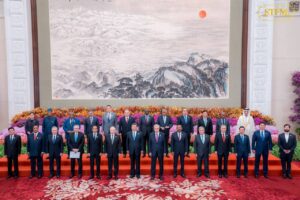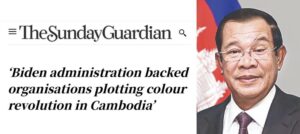Opinion: When Thailand Talks Peace but Wages War
Khmer Times | In times of conflict, truth, clarity, and sincerity are not luxuries—they are necessities. Unfortunately, all three are sorely lacking in the latest remarks made by Thailand’s Acting Prime Minister Phumtham Wechayachai, whose misleading statements attempt to whitewash Thailand’s aggression and shift blame for the escalating violence onto Cambodia.
According to Mr. Phumtham, Thailand has “accepted in principle” a ceasefire proposal initiated by His Excellency Anwar Ibrahim, Prime Minister of Malaysia and current ASEAN Chair. Yet this so-called acceptance comes with a cynical and dishonest condition: Cambodia must “first demonstrate a clear commitment to de-escalation.” This is not a pathway to peace—it is a diplomatic smokescreen designed to mask Thai intransigence.
Let us set the record straight.
On the evening of 24 July 2025, Prime Minister Anwar Ibrahim spoke by phone with Cambodian Prime Minister Hun Manet to express concern over the armed clashes between Thai and Cambodian forces along the border. During that call, the Malaysian Prime Minister proposed an immediate ceasefire as the essential first step toward a peaceful resolution.
Cambodia, without hesitation, agreed to the ceasefire proposal. Our position was—and remains—clear: Cambodia did not start this war. We welcomed the ceasefire because we seek peace, not provocation. We have nothing to gain from war, and everything to protect in terms of national sovereignty, human lives, and regional stability.
Following that conversation, Prime Minister Anwar informed us that the Thai side had also agreed to the ceasefire proposal, with the specific time of 12:00 AM on 24 July 2025 set for both sides to cease hostilities.
But just over an hour later, in a baffling and irresponsible reversal, Thailand backtracked. The Thai government notified Prime Minister Anwar that it would no longer honor the ceasefire and instead preferred to “wait.” This deliberate reversal was not a misunderstanding—it was a strategic decision to prolong the conflict. It demonstrated that Thailand’s leadership is not truly committed to peace, but rather seeks to buy time, manipulate international diplomacy, and frame Cambodia as the aggressor.
Adding insult to injury, Acting Prime Minister Phumtham has since claimed that Cambodia opened a “new battlefront” and “intentionally targeted civilians.” This is an outrageous accusation—unsubstantiated, inflammatory, and dangerously irresponsible. It contradicts Cambodia’s conduct throughout this crisis and distracts from the real facts on the ground.
In fact, it is the Royal Thai Armed Forces that have been documented launching deliberate airstrikes—including the illegal use of cluster munitions— on Cambodian territory. These attacks have destroyed civilian homes, schools, health centers, pagodas, and even threatened the sacred grounds of World Heritage sites. If any side has committed violations of international law, including the Geneva Conventions and the Hague Convention for the Protection of Cultural Property, it is Thailand, not Cambodia.
The truth is plain: Cambodia has shown restraint. Cambodia has agreed to mediation. Cambodia has accepted the ceasefire. And Cambodia has been transparent every step of the way. It is Thailand that must now prove its sincerity—not through vague conditions and shifting narratives, but through concrete actions.
The ASEAN Chair’s role in mediating this crisis is essential. But mediation can only succeed if both parties approach the table with honesty, integrity, and political will. By reversing its agreement and casting unjust blame, Thailand is not only undermining prospects for peace—it is damaging the very credibility of ASEAN as a regional institution.
We therefore urge the international community, our fellow ASEAN member states, and especially the Malaysian Chair, to pay close attention to the timeline of events and the pattern of Thailand’s diplomatic double-dealing.
The key to ending this crisis lies not in questioning Cambodia’s commitment to de-escalation, but in holding Thailand accountable for its deliberate sabotage of peace efforts.
A ceasefire is not a favor—it is a duty. Peace is not a bargaining chip—it is a legal and moral obligation under international law. Cambodia remains ready. But the world must now ask: does Thailand truly want peace—or does it want to keep playing games with it?
Roth Santepheap is a geopolitical analyst based in Phnom Penh. The views expressed are his own.
